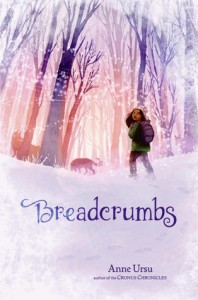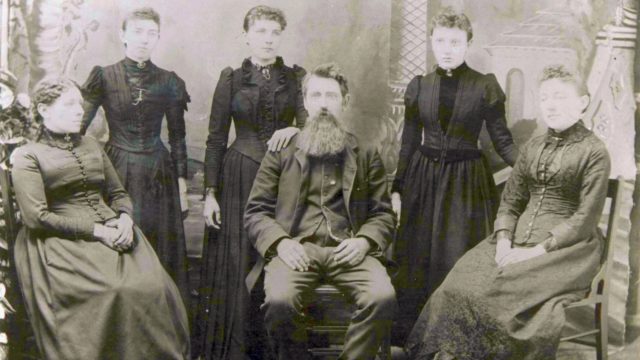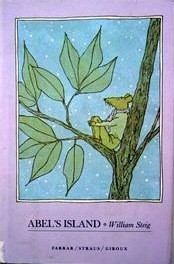Breadcrumbs
 I picked up Breadcrumbs because it looked attractive on the new books shelf at the library, and because I remembered reading Amy’s review awhile back. I read it because I needed something on the light side. It was an “easier” read than some of the denser fare I’ve waded through lately — which is to say, it’s readable and absorbing. But it’s not trivial. Anything but.
I picked up Breadcrumbs because it looked attractive on the new books shelf at the library, and because I remembered reading Amy’s review awhile back. I read it because I needed something on the light side. It was an “easier” read than some of the denser fare I’ve waded through lately — which is to say, it’s readable and absorbing. But it’s not trivial. Anything but.
The plot centers around Hazel and her best friend Jack, who suddenly becomes mean. Though Hazel’s mother explains that this happens sometimes when kids reach a certain age, Hazel is unconvinced. “Jack’s heart had been frozen, and he was taken into the woods by a woman dressed in white to live in a palace made of ice,” the front flap explains.
The story of Hazel’s trip into the woods — a dream-like landscape populated by various broken-hearted beings — and her attempt to rescue Jack brings us face to face with some of the darker truths of the human heart. Sometimes, it’s easier to let your heart freeze, and to let your mind take over — a theme worked out both in the prosaic world of Hazel’s school day life, and in the dark wilderness of the woods. Most of us will face the temptation at one time or another. And most of us will need rescuing from the chilling, deadening effects of retreating inward. Ursu’s woods seem to stand as a vivid picture of all that is murky and dangerous in the human heart.
Ultimately, what saves is love. At many turns, Hazel is urged to give up her quest because Jack probably doesn’t want saving. It’s true, in the same sense as the wisdom of teachers and parents in the book is true. It makes sense. “Sometimes, there’s nothing you can do,” Hazel’s mother tells her at one point, and one could hardly argue with that. But it’s also hopeless, a line of thought that leads to paralysis and maybe even despair.
Jack’s hope of salvation — and really, Hazel’s too — lies in Hazel’s refusal to accept the cold rationality of such logic. Ursu uses the snowflake to suggest the potentialities of the human soul. On the one hand, it’s an ideal hexagon, perfectly symmetrical, made of ice. At times in the story snowflakes are a picture of the mathematical precision of logic, and at other times, of beauty and poetry. The difference is in how it’s viewed, which goes back to the orientation of the heart. Much though she’d like to bury it at times, Hazel’s heart is a compassionate one, alive to the possibilities of goodness and creativity and grace.
One other aspect of the book that I liked was the way it weaves in references to other fantasy stories, some of which I’ve read, others not: Narnia, The Golden Compass, The Phantom Tollbooth (I adore this story, and the airwaves around here have been full of it this week via audiobook), Harry Potter. Ursu seems to acknowledge her imaginative kinship with these stories, and they play a role in her heroine’s imaginative life too.
I think it’s a great book, and I thoroughly enjoyed reading it in the sense of looking forward to every reading session. Yet I have to acknowledge, too, that it leaves me feeling a bit heavy-hearted. It contains truths, but though it ends well, the resolution is both abrupt and limited. It’s not a feel-good book, but it’s one that succeeds as a beautiful, suspenseful, thoughtful weaving serious themes. It’s not one I’ll forget quickly.



4 Comments
Amy @ Hope Is the Word
Yeah, me too. :-)
Carrie, Reading to Know
Chalk that up to another positive review! The positives are comin’ in fast and furious. I’m starting to feel behind the times (again!)
DebD
This sounds like a very nice book. Is it a YA book? I seem to be enjoying those more lately.
Janet
It’s actually a children’s book. The heroine is 11.